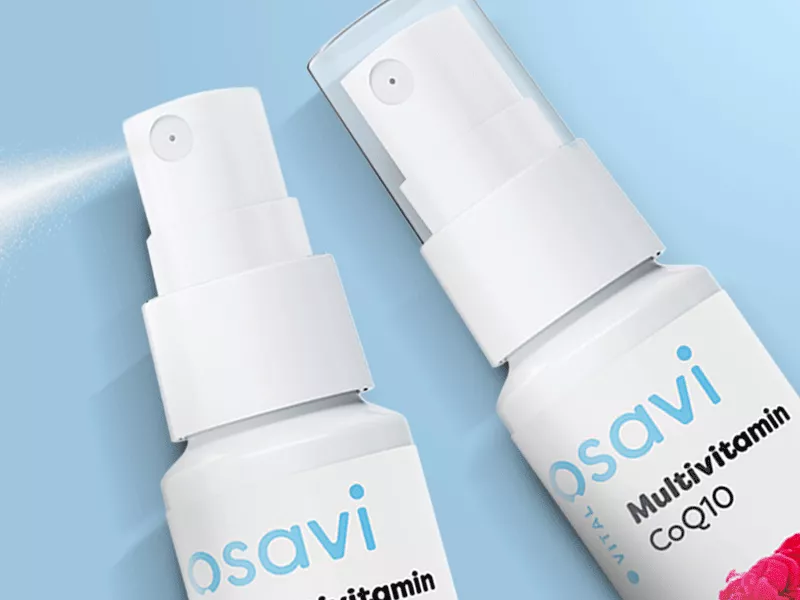
Food supplements are a topic that still raises a lot of controversy. There is no doubt that supplementation can provide valuable support for health and well-being, but it should be remembered that it cannot replace a healthy and balanced diet. It is always worth relying on scientific knowledge and the expertise of specialists, rather than myths.
First myth - supplements don't work
It is worth remembering that supplements are food products containing vitamins, micro and macroelements, which aim to supplement the diet and prevent deficiencies. Unlike drugs, they do not treat diseases, but are meant to support the body on a daily basis and complement therapy for certain ailments. However, to obtain the effect of taking supplements, it is important to remember to be systematic and follow the manufacturer's recommendations.
Second myth - supplements can easily replace a healthy diet
Micro and macroelements are extremely important for our body, and their role in our daily diet is undeniable. Unfortunately, dietary preferences, allergies, intolerances, and diseases can lead to deficiencies in some nutrients. For example, people on a vegetarian or vegan diet often struggle with a lack of vitamin B12, while those with celiac disease may have trouble absorbing calcium and iron. In such situations, supplementation may be necessary. It is always worth consulting with a doctor or dietitian to select the appropriate supplements tailored to our individual needs.
Third myth - supplements cannot be overdosed
Food supplements should be taken in the daily dose recommended by the manufacturer or as directed by a doctor. Some vitamins and minerals will accumulate in the body with excessive dosage, such as fat-soluble vitamins ADEK or copper and iron. Food supplements can also interact with medications, so people taking medication should consult with their doctor about supplementation. For example, vitamin K and warfarin weaken each other's effects, St. John's Wort can reduce the effectiveness of contraceptives, and Ashwagandha can intensify the effects of antidepressants.
Fourth myth - supplements cannot be used during pregnancy
It is true that some supplements should not be used by pregnant or breastfeeding mothers and children because their safety has not been confirmed for these groups. In addition, for some vitamins and other physiologically active ingredients, it is known that excessive amounts can be teratogenic or toxic to the fetus. Therefore, before using them, it is important to consult with a doctor or pharmacist.

Many food supplements can be beneficial for pregnant women, especially in the case of vitamin and mineral deficiencies. That is why many doctors recommend the use of food supplements by pregnant women, especially in the case of a diet that is deficient in certain nutrients.
Fifth myth - all supplements are untested
Food supplement manufacturers often limit themselves to testing for microbiological purity and heavy metals. However, some companies voluntarily test their products for, among other things, vitamin and mineral content. OSAVI subjects its products to testing in independent accredited laboratories to ensure their safety and effectiveness. Depending on their composition, products are tested for declared nutritional content or contamination with pesticides, PCBs, or dioxins. All products are mandatory subjected to microbiological and heavy metal tests at several stages of production. Those that do not pass the tests are not introduced to the market. Additionally, OSAVI supplements are produced in facilities with appropriate food safety and quality certificates such as ISO 22 000 or BRC.

In summary, the food supplement market is often full of myths and misinformation. It is important to note that while they can be an effective food supplement, they should not replace a healthy lifestyle. Before purchasing food supplements, it is worth consulting with a doctor or dietitian to avoid negative health effects. Additionally, it is worth choosing products from reputable companies that apply strict quality standards and subject their products to testing in independent laboratories.



